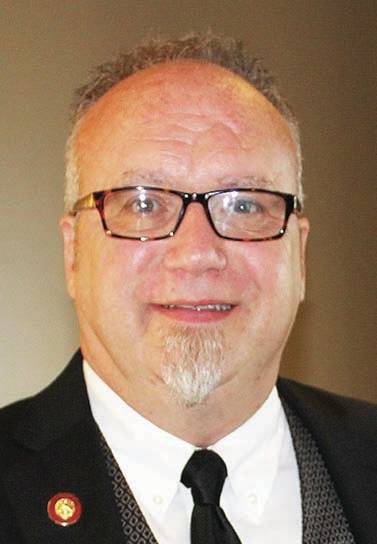Greater awareness needed to prevent human trafficking
Published 10:29 am Friday, January 17, 2020
|
Getting your Trinity Audio player ready...
|
Human trafficking has become a huge problem in this country – and across the world, for that matter – and although we will probably never totally stop it, we should do whatever we can to make it far less frequent and put those who are responsible for it in prison, where they belong, for long periods of time.
One really has to wonder what goes through people’s minds when they ignore the emotional and physical harm they are causing to those they traffic. The trauma will affect victims for the rest of their lives.
The answer is that these people are not only criminals, but also predators. They don’t care about those they traffic, only the monetary gain they receive from their illegal activity. Many of their victims are trafficked for sex and for labor.
It’s very sad that this type of horrific activity occurs across the world. The statistics for this epidemic are extremely alarming. In 2018, 10,949 cases were reported to the National Human Trafficking Hotline, with 141 of those cases coming from Kentucky.
The majority of cases reported last year involved sex trafficking, though 1,249 reports involved humans being trafficked for labor and 639 human trafficking cases involving sex and labor.
These numbers truly show the problems we face. While we can’t totally stop trafficking, we can make more and more people aware of it, which is what we believe thousands upon thousands of people did Saturday, which was National Human Trafficking Awareness Day.
In Bowling Green, about two dozen people gathered downtown to remember and honor the victims and survivors of human trafficking with a candlelit vigil. Several U.S. cities held similar ceremonies Saturday on National Human Trafficking Awareness Day.
It was truly inspiring to see these citizens come out and honor these victims and survivors Saturday. We feel kinship with them, because we all have the same cause: to bring awareness to this epidemic. Hopefully, we can collectively make sure that it happens a lot less often and that more and more of those who treat human beings like objects are locked up and made to pay for their loathsome offenses.
— Bowling Green Daily News





